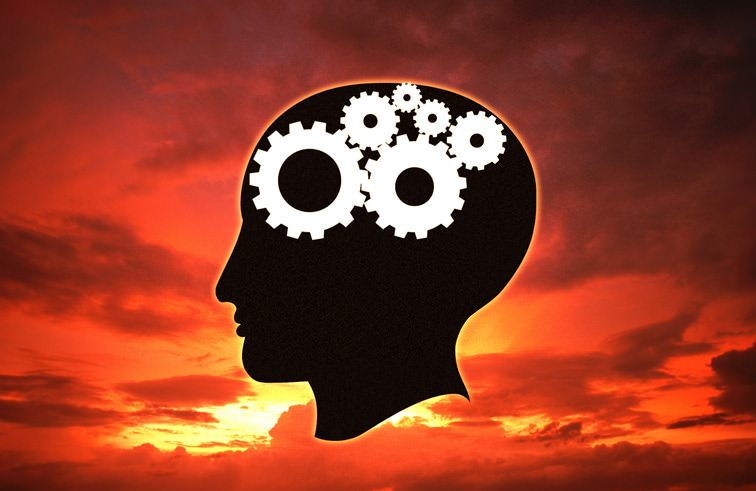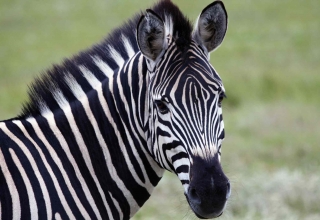
Responses to the three questions are automatic even in the human brain before you have a chance to think. Your heart beats fast, you get goose bumps, your hair stands on end, you smile, snarl, laugh or slump without thinking. Consider how you jump when someone unexpectedly enters a room, how you take a big whiff when you see a pot of food cooking, how you straighten up when you see your boss, how you shudder at the sight of a police car and how you tingle inside when someone attractive stands close to you and smiles. Based on the neural programming you have developed over the years, you label the sensations that happen in your body as feelings and react accordingly. Of course your experiences which includes education and training continue to alter the programs, varying your perception of situations and the subsequent biochemical reactions. As a result, you create a personalized dread and reward system that mutates over time.
This is the reason why we trust non-verbal messages more than verbal. Facial expressions and posture tend to represent truer feelings than composed words. You may ignore an emotion, but it takes a lot of practice to hide the instant reactions generated from your reptilian brain.
When, and if, the reptilian brain is triggered, the resulting behavior, in the words of Paul Pearsall in his book, The Heart’s Code, is based on the four Fs—flight, fight, feast and fornicate. We may be more civilized than the reptiles (although you may know some people you swear have not evolved), but our bodies still react to stimuli through this center first. Much of our behavior is based either on the fear of being hurt or on the desire to make ourselves feel good.
The problem is, as our cultures have socially evolved, so have our perceptions of peril and pleasure. Our complex society naturally poses more threats than opportunities for happiness. We yearn for the simple life but can barely sit still for five minutes. The more active our world is on the outside, the more alert to danger the brain must be on the inside.
Our cultural evolution adds to this complexity. The reptilian brain in a human reacts in the same way when someone looks
Download Article
















